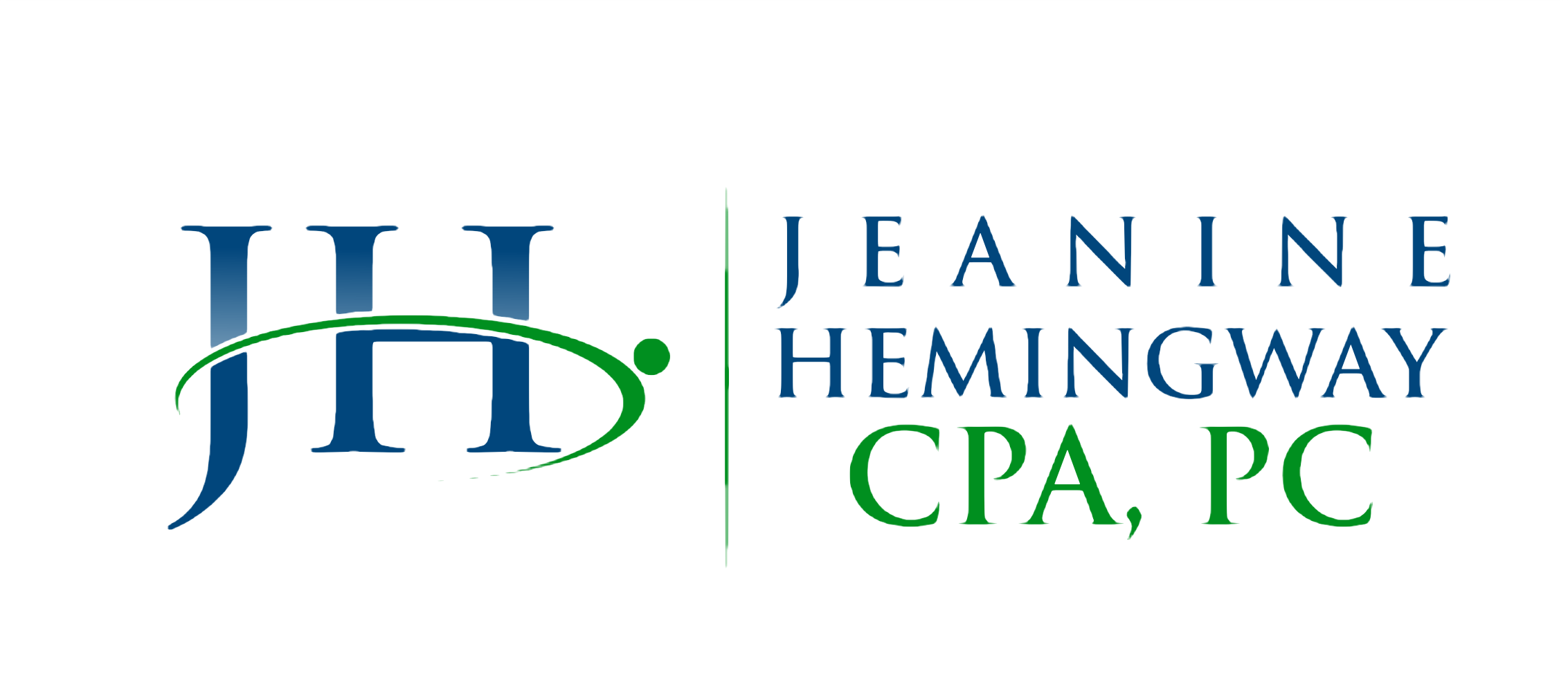Q&A to Clarify Consequences & Opportunities
If you or a loved one is experiencing a job loss, going through an unexpected transition in your career can feel alienating, worrisome, and stressful—especially during COVID-19. The pandemic has caused unprecedented changes to the lives of individuals across Texas and the world. Since March 14, 2020, The Texas Workforce Commission has assisted more than 5 million people who lost their jobs file for unemployment claims. That is the equivalent to nearly 5 years’ worth of claims in less than 6 months! 1
If you recently lost your job, you may have questions swirling around unemployment compensation, severance, and other scenarios that could impact your tax situation. Nobody likes surprises at tax-time so, let’s dive into some common questions:
Q: Is severance and vacation pay taxable?
A: If your final paycheck included severance pay and accumulated leave, sick, and vacation pay, it is taxable income. If there was enough withholding to countermand the ensuing tax liability, you should be covered.
Q: I receive unemployment compensation, is that taxable?
A: Unemployment compensation is considered taxable income and must be reported on your federal tax return. If you received unemployment compensation, you will receive Form 1099-G, Certain Government Payments showing the amount you were paid and any federal income tax you elected to have withheld.
Q: Can I have federal income tax withheld?
A: Yes, you can choose to have federal income tax withheld from your unemployment benefits by filling out Form W-4V, Voluntary Withholding Request.2 If you complete the form and give it to the paying office, they will withhold tax at 10 percent of your payments. If you choose not to have tax withheld, you may have to make estimated tax payments throughout the year and you may owe tax when you file your tax return in April.
Q: Should I dip into my retirement plan to help with cash flow while unemployed?
A: If you are in need of a cash infusion to help pay bills while looking for a new job, you may consider tapping into your retirement savings accounts. If you do so, just remember, you will be required to pay taxes on the distribution. If you are under the age of 59 1/2, you may be subject to a 10% early withdrawal penalty as well. If you use the funds to pay for health insurance premiums while unemployed or are simply rolling over the funds to a new retirement plan, you will not face a penalty.
Q: Should I sell some of my stocks to help cover finances while unemployed?
A: If you sell stocks or bonds to supplement your income, you must report the sales on your income tax return and pay capital gains tax on any profit. You may not be required to pay tax on the full amount of the sale. An accountant and/or CPA can help guide you as to what makes financial sense.
Q: Are there any tax deductions and credits to maximize when looking for a new job?
A: There are many job-search expenses that you will accrue, so be sure to keep receipts so you can itemize your deductions at tax time. Some deductions include, resume preparation costs, travel expenses for interviews, postage, and overnight mailing fees, and hiring of headhunters and employment agency fees.
Depending on your income level, losing your job may open the door to some additional tax breaks, like the following: Earned Income Tax Credit, Child Tax Credit, Child, and Dependent Care Credit, and more. Again, a tax advisor and CPA can provide guidance as to what makes sense based on your financial situation.
Q: Along with a lost job, you lost your group health insurance coverage. Are there any tax consequences to covering COBRA or other health insurance policy payouts?
A: If you get a high-deductible policy, you can set up a Health Savings Account, which allows you to make tax-deductible contributions and withdraw the money tax-free for certain qualified medical expenses. You will need to report your health insurance coverage on your tax return.
If you lost your job during the past year, make sure you get the deductions and credits you deserve so you can get the most money back in your pocket during this difficult time. If you should have any questions, contact us today.
Footnotes
